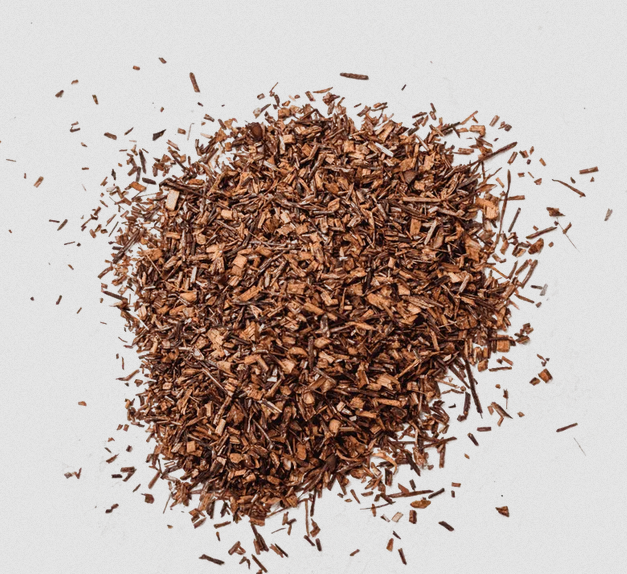Ibogaine for PTSD & Suboxone for Opiate Addiction

Exploring Ibogaine Treatment for PTSD and Suboxone for Opiate Addiction: A Comprehensive Guide
In recent years, alternative treatments for mental health disorders and substance addiction have gained attention. As individuals seek effective and holistic approaches to healing. Among these treatments, ibogaine for PTSD and Suboxone for opiate addiction have emerged as promising options. This article aims to delve into the potential of ibogaine treatment for PTSD. And Suboxone as a therapy for opiate addiction. Exploring their mechanisms of action, efficacy, safety considerations, and the current state of research in the field.
Understanding Ibogaine Treatment for PTSD:
PTSD (Post-Traumatic Stress Disorder) is a severe mental health condition that can develop after experiencing or witnessing a traumatic event. It is characterized by symptoms such as intrusive memories, flashbacks, hypervigilance, and emotional numbing. Traditional treatments for PTSD, such as therapy and medication, may not always provide sufficient relief for all individuals.
Ibogaine, a psychoactive alkaloid derived from the iboga plant, has shown promise as a potential treatment for PTSD. Ibogaine PTSD involves administering a single dose of ibogaine in a controlled setting under medical supervision. The treatment process typically includes medical screening, psychological preparation, the administration of ibogaine, and post-treatment integration.
The mechanism of action of ibogaine in treating PTSD involves its ability to modulate neurotransmitter systems. In the brain, leading to profound introspective experiences. Ibogaine has been reported to facilitate emotional processing and disrupt traumatic memories. Allowing individuals to confront and integrate their past experiences in a safe and supportive environment. Additionally, ibogaine treatment is often accompanied by spiritual insights and personal growth, which can further aid in the healing process.
While research into ibogaine treatment for PTSD is still in its early stages, preliminary studies and anecdotal evidence suggest. That it may offer promising benefits for individuals struggling with this debilitating condition. However, it is essential to acknowledge that ibogaine treatment is not without risks. And further research is needed to fully understand its safety and efficacy profiles.
Exploring Suboxone for Opiate Addiction:
Opiate addiction is a widespread and challenging public health issue characterized by physical dependence, compulsive drug-seeking behavior, and withdrawal symptoms upon cessation of drug use. Suboxone, a medication containing buprenorphine and naloxone, has emerged as a frontline treatment for opiate addiction.
Suboxone works by binding to opioid receptors in the brain, reducing withdrawal symptoms and cravings without producing the intense euphoria associated with opiates. Buprenorphine, a partial opioid agonist, helps stabilize brain chemistry and alleviate withdrawal symptoms, while naloxone, an opioid antagonist, blocks the effects of opioids and reduces the risk of misuse.
Compared to traditional opioid replacement therapies such as methadone, Suboxone offers several advantages, including a lower risk of overdose and abuse potential. Additionally, Suboxone can be prescribed in outpatient settings, allowing for greater accessibility and flexibility in treatment.
Research has shown that Suboxone maintenance therapy is effective in reducing opioid use, improving treatment retention, and decreasing the risk of relapse. Furthermore, Suboxone treatment has been associated with improvements in social functioning, quality of life, and overall well-being for individuals struggling with opiate addiction.
Safety Considerations:
While both ibogaine treatment for PTSD and Suboxone for opiate addiction have shown promise as alternative therapies, it is essential to approach them with caution and prioritize safety considerations. Ibogaine treatment should only be administered under the supervision of trained medical professionals in specialized treatment centers due to its potential for adverse effects, including cardiovascular complications and psychological distress.
While ibogaine treatment for PTSD and Suboxone for opiate addiction offer promising benefits, it’s crucial to prioritize safety considerations. Ibogaine treatment should only be administered under medical supervision in specialized treatment centers due to potential adverse effects. Similarly, Suboxone should be prescribed and monitored by qualified healthcare providers to ensure safe and effective treatment.
Similarly, Suboxone should be prescribed and monitored by qualified healthcare providers to ensure safe and effective treatment. It is essential to follow proper dosing guidelines and monitor for potential side effects, including respiratory depression, sedation, and misuse.
Conclusion:
In conclusion, ibogaine treatment for PTSD and Suboxone for opiate addiction represent promising alternatives to traditional therapies. While further research is needed to fully understand their safety and efficacy profiles, preliminary evidence suggests that both treatments may offer valuable benefits for individuals struggling with these challenging conditions. By exploring these alternative therapies and prioritizing safety considerations, we can continue to advance the field of mental health and addiction treatment, offering hope and healing to those in need.






